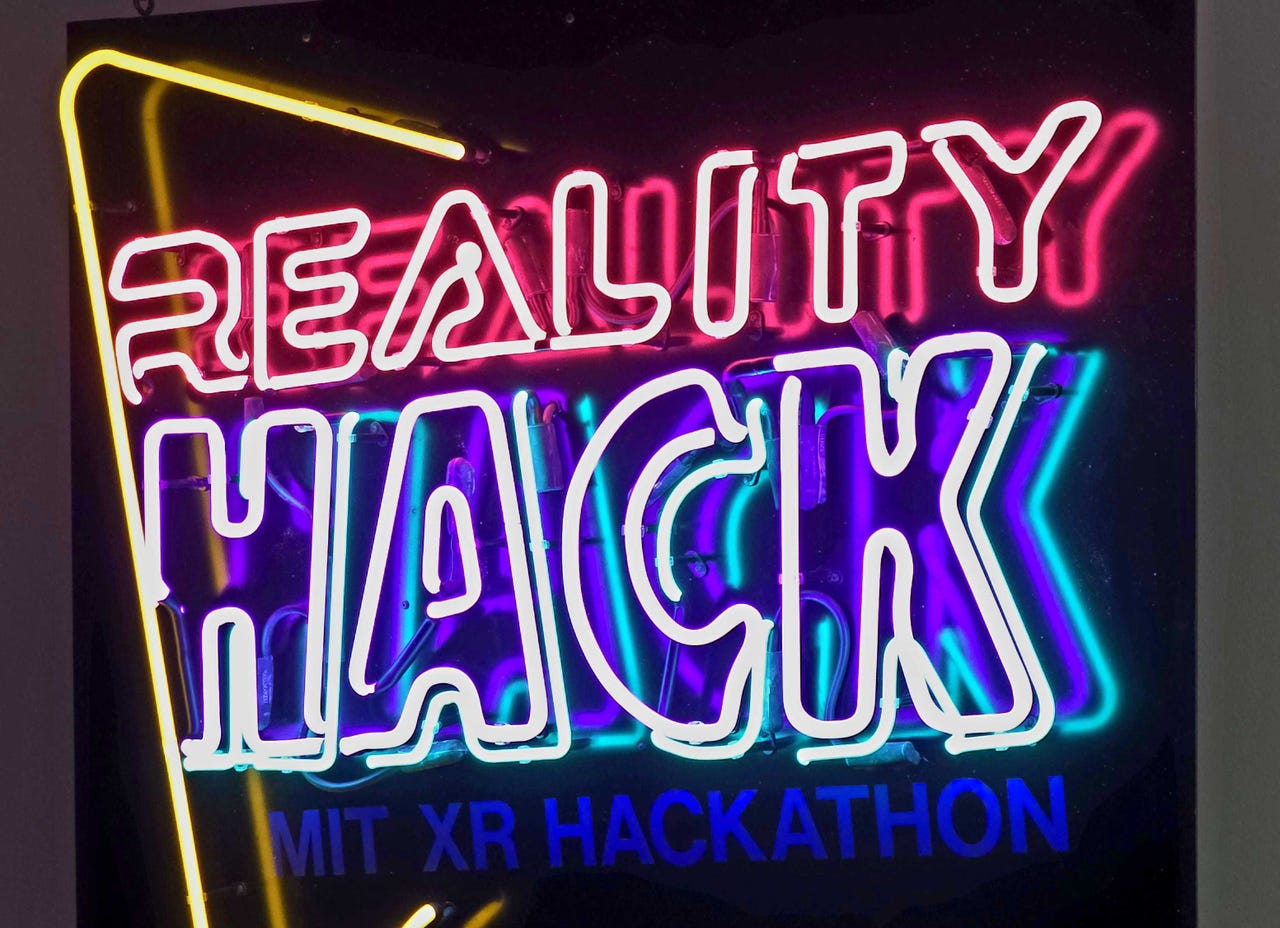MIT Reality Hack revealed the momentum building in VR, AR, and XR

This past weekend at the MIT campus in Cambridge, Massachusetts I attended MIT Reality Hack where I served as a panelist on the future of XR and as a judge in the hackathon's startup competition. It was impossible not to get energized by the altruism and purposefulness of the students and their collaborators who came together to spin up projects using VR, AR, and XR to solve real-world problems.
If you thought VR was mostly about games, you would have been amazed to see the projects these hackathon teams came up with in topics as diverse as health care, air traffic control, accessibility, mental health, street art, STEM education, and preserving family connections -- just to name a handful.
Also: I've tried Vision Pro and other top XR headsets and here's the one most people should buy
And while the teams often developed their experiences for VR headsets, some of them also went for a bigger audience by including options for smartphones and tablets. I especially appreciated that broader vision, because there are still tons of people who have yet to try a headset for the first time, let alone own one. But it was also amazing to watch hundreds of people strapping on headsets and jumping between them and their laptops, while intensely chatting with four to five other collaborators on their team. I've never seen VR look this social.
About 50% of participants were students from a wide range of universities and the other 50% were professors, entrepreneurs, and working professionals (many of them recent graduates). About half were women and the group represented a broad range of nationalities and perspectives.
The organizers of the event, Reality Hack, Inc., which is a non-profit run by volunteers, told me that around 2,000 people applied to participate and around 600 were chosen to come to MIT to take part in the 7th annual version of the event. Much of the event took place at the MIT Media Lab, itself a nexus of innovation and experimentation in AI, robotics, VR, and so many other cutting-edge technologies.
Also: ZDNET's product of the year: Meta Quest 3 was the quiet shocker of 2023
This year was the first time that members of the press were invited to the MIT Reality Hack, and I was glad to get the opportunity to see how much enthusiasm there is among some of the best and brightest students and young professionals for using VR, AR, and XR in so many constructive ways.
To give you a taste of the atmosphere and the energy, I thought I'd share some of my favorite photos from the weekend.
